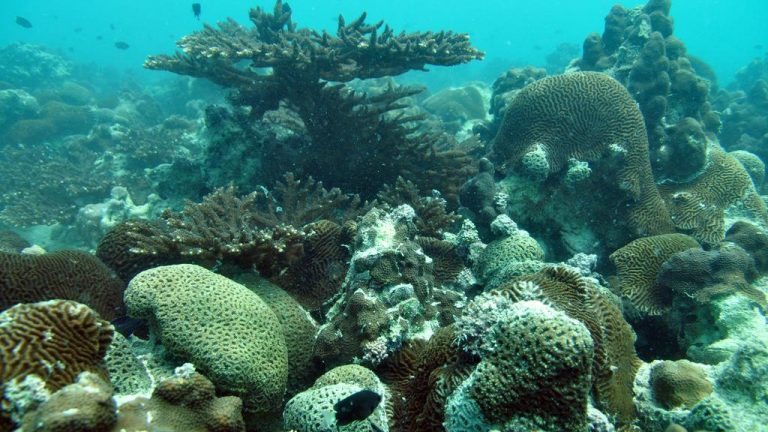This is going to be big for the marine world
Coral reefs provide coastal protection for communities, habitat for fish, and millions of dollars in recreation and tourism, among other benefits. But corals are also severely threatened by rapidly worsening environmental conditions. The Environment Agency in Abu Dhabi (EAD) has launched the largest coral reef rehabilitation project in an effort to increase the number of coral reefs.
The initiative is in line with the directives of His Highness Sheikh Hamdan bin Zayed Al Nahyan, the Ruler’s Representative in Al Dhafra Region and Chairman of the Board of Directors of EAD.
The first three-year phase of the project will include choosing nursery sites to ensure a protected environment for growth, evaluating the coral source and nursery areas according to water quality standards, depths and temperatures, as well as establishing a number of underwater nurseries in which to nurture and grow coral fragments.
The initiative will see the replanting of over a million colonies of coral reefs. The second phase will include harvesting coral nursery stocks, their transportation to rehabilitation sites and the cultivation of affected sites to restore the integrated coral system. The third phase of the project will include the completion of nursery stock harvesting and the restoration of degraded areas with new coral growth.
Many coral reefs are overrun with non-native algae, which smothers coral and blocks light from getting to them. Through algae removal and reintroduction of natural predators, we clear the invasive species and help them thrive.
Through this programme, nurseries for coral will be developed to reduce the negative impact of the natural pressures to which coral reefs are subjected due to climate change and high temperatures on the seafloor.
As a result, the project will also increase the total coral area and rehabilitate affected areas to preserve the great heritage, economic and scientific value of the coral reefs








0 Comments